Latest news
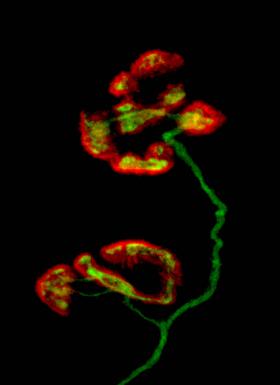
A team of researchers from Anatomy@Edinburgh and Clinical Surgery at the University of Edinburgh, led by Tom Gillingwater, Ross Jones and Richard Skipworth, has published new research into the underlying biology of cancer cachexia. Cachexia is a condition that occurs in some cancer patients, resulting in weakness and wasting of muscles, as well as weight loss.
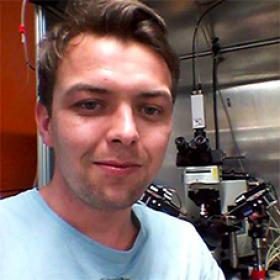
Our Simons Institute for the Developing Brain researchers have published back-to-back papers in Nature Communications with studies investigating the developmental basis of sensory hypersenstivities in Fragile X Syndrome. Congratulations to first authors Dr Sam Booker and Dr Aleks Domanski and senior authors Prof Peter Kind (Director, Simons Institute for the Developing Brain), and Professor David Wyllie.
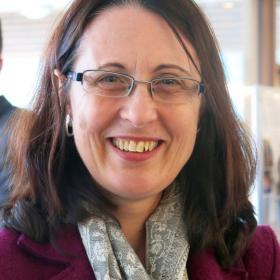
Dr Jane Haley (Edinburgh Neuroscience) has been appointed to the Society for Neuroscience ’Neuroscience training Committee’ as the only non-USA member. Her 3 year term starts at the upcoming SfN annual meeting, which takes place in Chicago later next week.
Professor James Boardman (MRC Centre for Reproductive Health) and Dr Sue Fletcher-Watson (Centre for Clinical Brain Sciences) have published a study that suggests children who grow up in disadvantaged backgrounds are three time more likely to develop difficulties with language than those from more affluent areas. Failure to address the social factors that lead to this difference means children might not fully develop the language skills that are critical for emotional development, wellbeing and educational and employment opportunities.
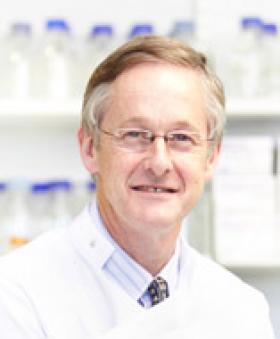
Congratulations to Professor Charles ffrench-Constant (Centre for Regenerative Medicine) for receiving the Chancellor's Award for Research Excellence in 2019! This is great news following on from last year's recipient, Professor Richard Morris (Centre for Discovery Brain Sciences). The Chancellor's Research Award honours a colleague who has enhanced the University's research reputation by making a significant contribution to research.
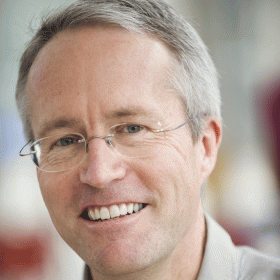
Congratulations to Prof Seth Grant (Centre for Clinical Brain Sciences) and his research group, who have been awarded a grant of £1.3m by the Wellcome Trust to map the human brain. The project is built upon their previous work creating another such map - called a synaptome - for the mouse brain. The researchers hope to map the trillions of connections between brain cells, potentially revealing new insights into the foundations of behaviour and brain disease.
Dr Timothy Bates (School of Philosophy, Psychology, and Language Sciences) and his research team have shown in a recent study that a motivational approach to learning used widely in schools to encourage academic success does not benefit pupils. The growth mindset theory, which assumes intellectual ability is not fixed but can be greatly changed, has little, or even a negative effect on attainment. Psychologists concluded that improved textbooks and systematic study practices are more effective ways of boosting learning.

The author J. K. Rowling has donated £15.3m to the University of Edinburgh to help improve the lives of people with multiple sclerosis (MS) and similar conditions. The investment will help create new facilities and support vital research at the University's Anne Rowling Regenerative Neurology Clinic, as well as support research projects focussing on the invisible disabilities experienced by people living with MS, such as cognitive impairment and pain.

Congratulations to Dr Tilo Kunath, who has won the Tom Isaacs Award 2019 for his outstanding work in Parkinson's research. Dr Kunath was chosen as this year's recipient for his empathy and enthusiastic engagement with the Parkinson's community, as well as for sharing his expert research knowledge.

Professor Michael Eddleston (Centre for Cardiovascular Science) and colleagues have published a literature review looking at the scale of suicides by pesticide poisoning. They analysed data from reports of national or global numbers of suicide by pesticide poisoning and found that approximately 15 million people have died by this method since 1960. The researchers recommend strengthening pesticide regulation across low and middle-income countries to prevent these deaths.

